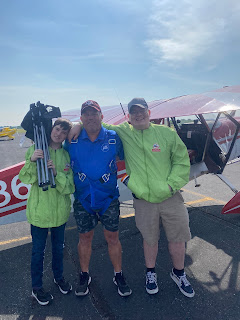If I had to distill the experience of an outsider visiting the modern American church into a 3 minute video, this would be what I would choose.
Despite the best of intentions most modern churches are primarily places to socialize on a Sunday morning. I recently visited a church and my primary impression was "I'm not cool enough to be here". No one did anything to make me unwelcome but this club was clearly the realm of the pretty and popular crowd. I can't imagine what a poor single mom would feel when they walked in wearing goodwill clothes and worn out shoes. There is a reason that I refer to the modern church "the Sunday morning country club".
I've been applying for membership to this club for most of my life. Every time I've tried to find a church family I've found myself on the outside looking in. When people tell me "you just have to find the right church" I used to believe them. However I've been ignored and forgotten falling through the cracks at the last 5 churches I've attended and I simply can't take that rejection again. Our family attended a church in East Texas for 4 years but when we finally gave up, no one noticed. When my wife died unexpectedly, and made the national news, I heard from so many random people but no one from Mobberly sent so much as a text message.
After 45 years of having the church doors slammed in my face, I can only conclude that that is where God wants me. I will never understand why God didn't want me to have a church family like everyone else but God is God and I am not.
I know that the church is made up of flawed and imperfect people. I certainly don't expect every church to be a perfect fit for every person. I'm perfectly happy serving in the engine room of the church. However the opposite of love isn't hate, it's apathy and my kids have been forgotten by every church I've ever attended. I honestly believe that there is not a single person in any church that knows or cares about my children exist much less know the Lord.
The most galling thing is that while growing up in the church I saw the church caring for each other like they are supposed to. When my father's refinery union went on strike in 1989 I remember sitting in the principles office filling out the forms for free lunch. My dad's friend put him to work at his auto shop. One night after the Sunday evening service we met at one of their friend's house. I walked in to the biggest pile of groceries I had ever seen. Every family in their small group had brought a bag of food for what was once known as a "pounding". I remember driving home buried under loaves of bread and seeing Madeline Wright shove some folded cash into my dad's hand. Those families saw a brother and sister in need and stepped up.
If you want to see what the church is supposed to look like here it is.
The church is supposed to be a place where the injured help the wounded, a place where the lost can find shelter, a place where the family takes care of each other. I wish that someone would prove me wrong but I don't expect that I'll ever fin





























.jpg)

.jpg)